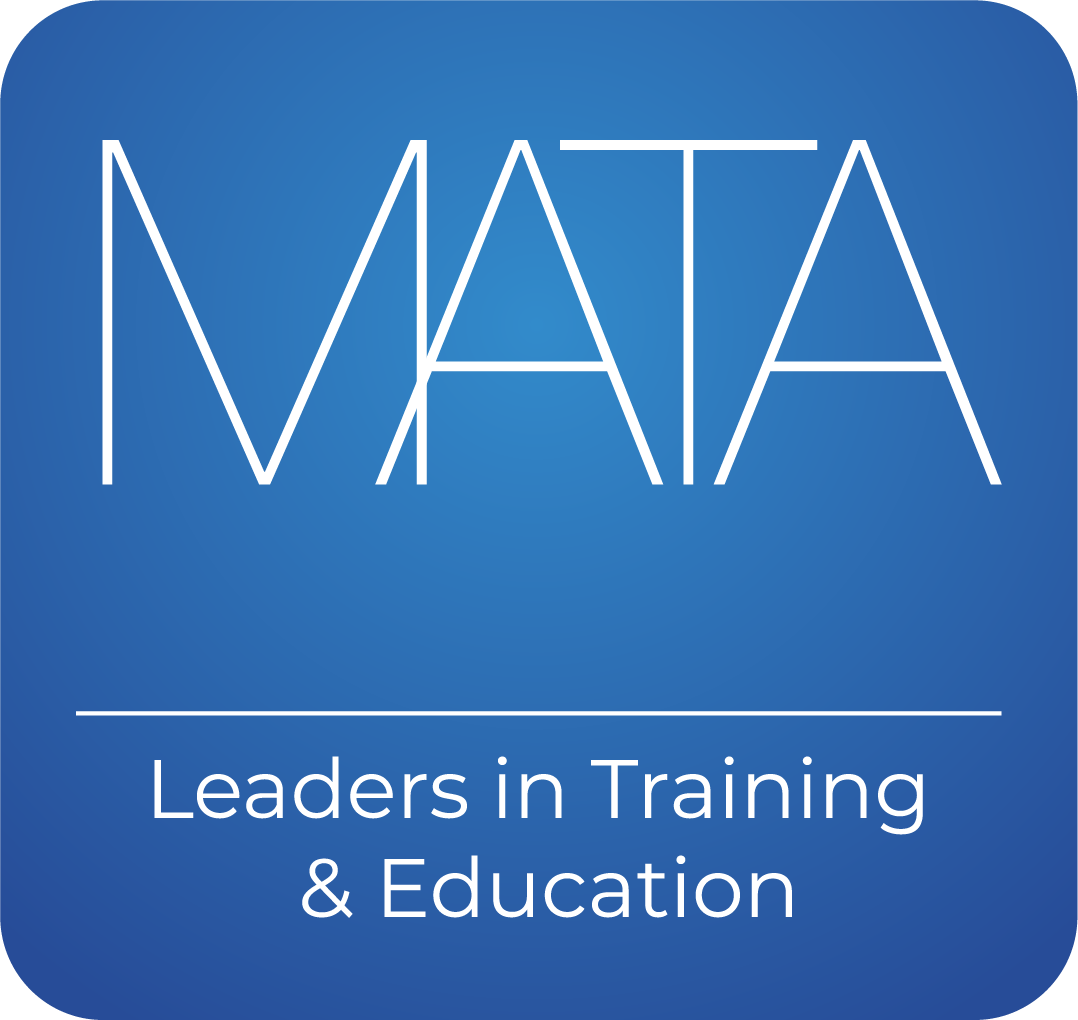Botox and Dermal Fillers Training Courses Portsmouth
Portsmouth is a city located in Hampshire in England and is mainly built on Portsea Island. As a historical city, it dates back to Roman times, a significant naval port for centuries. MATA (Medical Aesthetics Training Academy) is an esteemed aesthetic academy, first created in 2015, to address the pressing need for legitimate aesthetic qualifications in the UK. We hold practical sessions across the UK, in London, Dublin, Liverpool, Manchester, Glasgow, Aberdeen and even Dundee. With our wealth of knowledge, our courses are specifically designed for medical professionals who have a Level 6 (undergraduate) qualification in medicine, dentistry or nursing; are all eligible to apply. However, you must ensure that you have proof of practice by holding a valid GMC/NMC/GDC/GPhC active license in the UK.
Our Level 7 Diploma
Our most prestigious qualification is the MATA Level 7 Diploma in Facial Aesthetics: Incorporating OTHM Level 7 Diploma in Clinical Injectable Therapies
The Level 7 is the gold standard for aesthetics at the moment and MATA are the only independent company that offers it. Unlike regular foundation training, we include foundation, advanced and mentorship days for our delegates. We operate using a blended approach to learning because we believe it is vital that you gain sufficient practice with real-life models with additional content online. We take you through the introduction to Botox and Dermal Fillers, anatomy, physiology, introductory techniques and adequate training managing any complications.
What happens on the practical days?
We host a variety of foundation and advanced training days; normally we start with going through the core knowledge – giving you the chance to ask any pressing questions about the core content. Next in the afternoon, we expose you to using live models; each day is assigned as either Botox or Dermal Fillers. For example, on the Botox days we cover fundamental techniques such as Crow’s Feet, Forehead Lines and Glabella Lines. On day two, we introduce you to Dermal Fillers, where we assess your learning in the morning by covering anatomy, physiology, introduction to dermal fillers, products and injection techniques. Next, we expose you to real-life models giving you experience with learning techniques comprising of Lip Fillers, Marionette Lines and Nasolabial Lines. After a full packed weekend either for foundation or the advanced days, you leave with real practical experience which all counts towards completing your logbook.
MATA offers you:
- Highly practical sessions for both Botox and Dermal Fillers.
- Fundamental knowledge in application and practice.
- An opportunity to ask questions and refine your techniques.
- Experience with real-life models, highly useful for pursuing a career within aesthetics.
Any Questions?
- How will I be assessed for these courses?
We use a blended approach to learning because we believe that delegates should gain adequate experience using real-life models as well as learning the theory. Practically you are assessed with direct observation practices (DOPs), and you can keep a record of performance by using your logbook. Online you are evaluated via our virtual learning environment (VLE), where we introduce you to short answer questions (SAQs) an end-of-unit review questions.
- I am a beauty therapist, can I enrol for the Level 7?
No, only medical professionals who hold a valid Level 6 degree can enrol in our courses.
- Can I bring my own models?
Yes, if you give us enough time we can book models of your choosing on the course.
- What are masterclasses and the requirements to enrol onto them?
Masterclasses are a fantastic comprehensive practical session where we will explore aesthetic concepts far more in-depth than any other course. For example, we run courses in Lip Fillers; diving deep into complications, patient motivations and how to apply specific products of Lip Fillers. Alternatively, we have Nose Augmentation masterclasses where we unravel the difference between surgical and non-surgical techniques; commonly used in aesthetics.
- What happens if I fail an assignment?
At MATA, we have tailored the course for the individual, so we try and prepare you as much as possible before you are assessed. However, if you do fail an assessment, then we can process an appeal or a referral.
- What feedback do you give on the practical sessions?
All of our tutors are highly experienced within medicine and cosmetics, therefore are relatively adept in their feedback. Our main aim is to make sure that you are competent with the practical applications of Botox and Dermal Fillers. Therefore, if you have an incorrect technique, then we want to correct it as soon as possible. Then the aim is practice with more models until you are competent and proficient with aesthetic injectables.
- Where are the practical days held?
We hold training sessions all across the UK, with many training weekends held in London, Glasgow, Manchester, Dublin, Newcastle and Bristol. Depending on where you live, we try and cater to your needs, but much of the course can be completed on our VLE system.
- How do I pass the course?
We ask you to pass DOPs, SAQs, written assignments and complete the logbook while you complete the course. As long as you pass the critical requirements of the course, you will finish with an accredited qualification.
- How much online work should I complete before attending the practical days?
We recommend that you complete as much work on the VLE system before you attend since this puts you in good stead for the practical sessions. The more knowledge you have prior helps you to identify any problems areas, which is why our tutors are open for any questions you may have etc.
- How many hours does the Level 7 Diploma take to complete?
The level 7 diploma equates to 60 credits, whereby ten credits account for 10 hours, so roughly it takes 300 hours for you to finish. However, this varies from individual to individual. Typically, the total time ranges from six months to one year.
[product_table]

